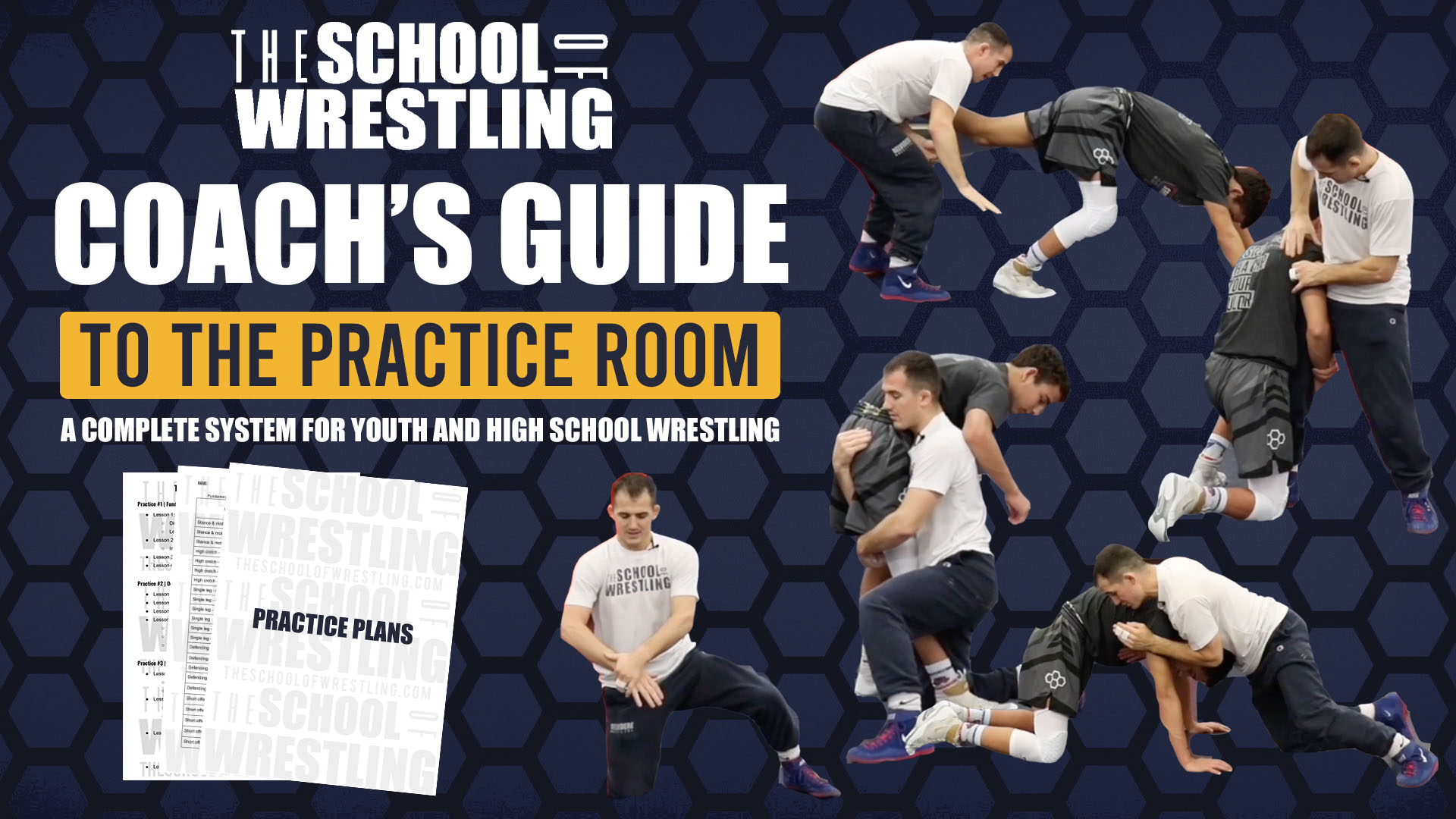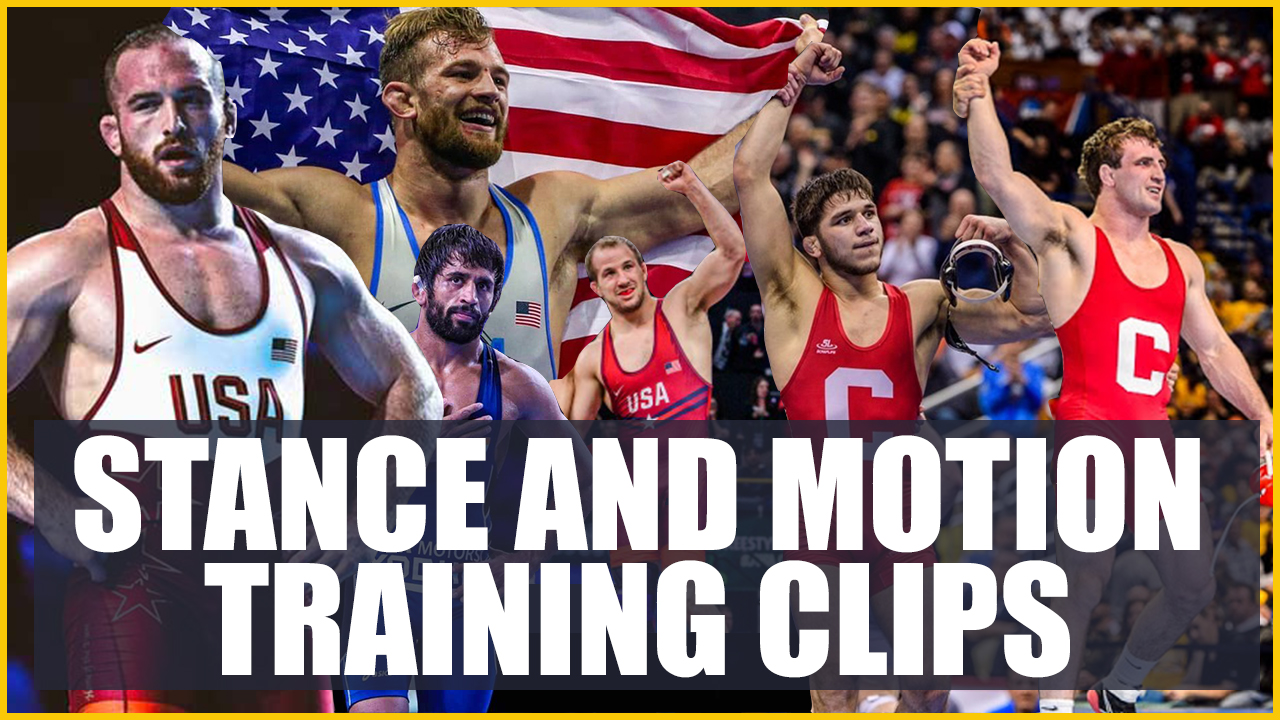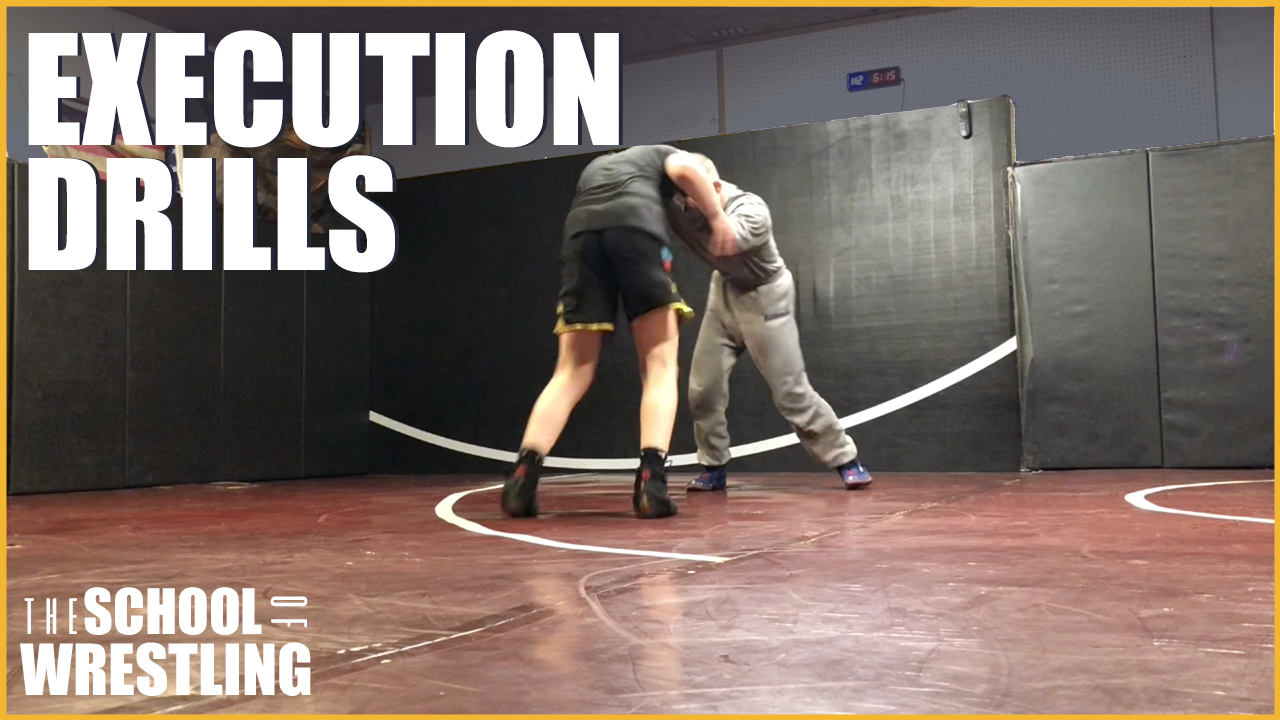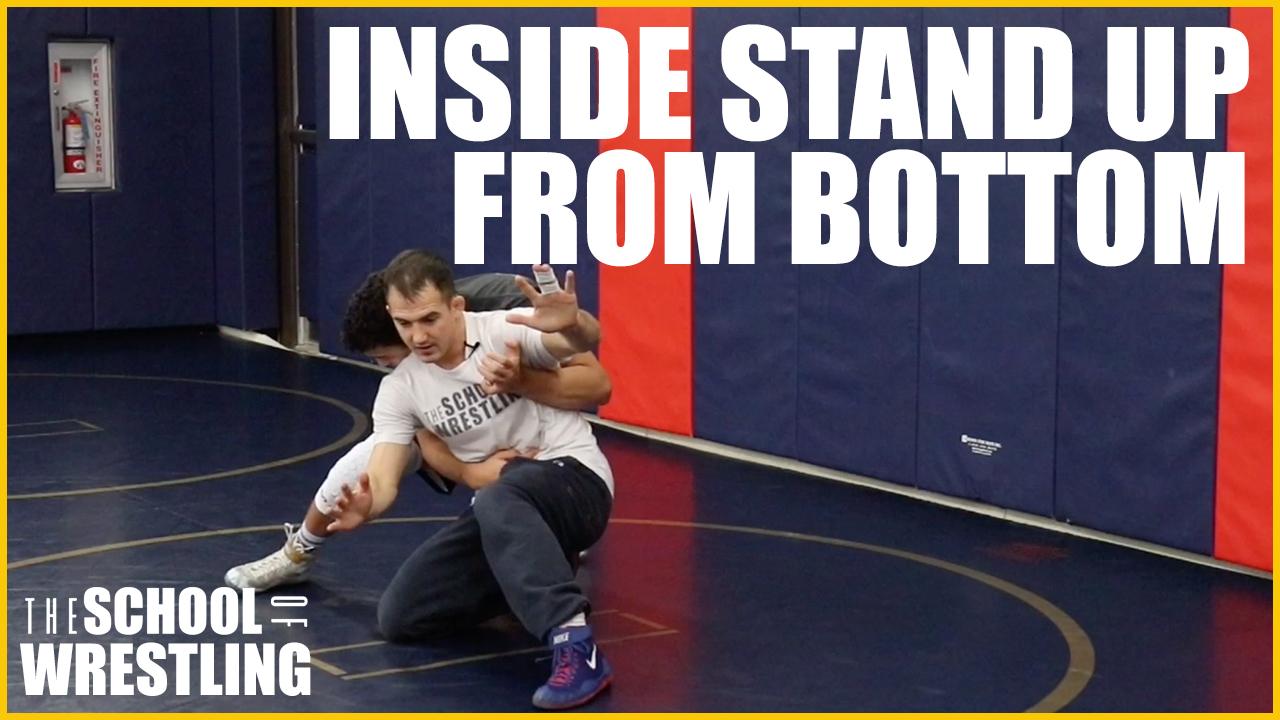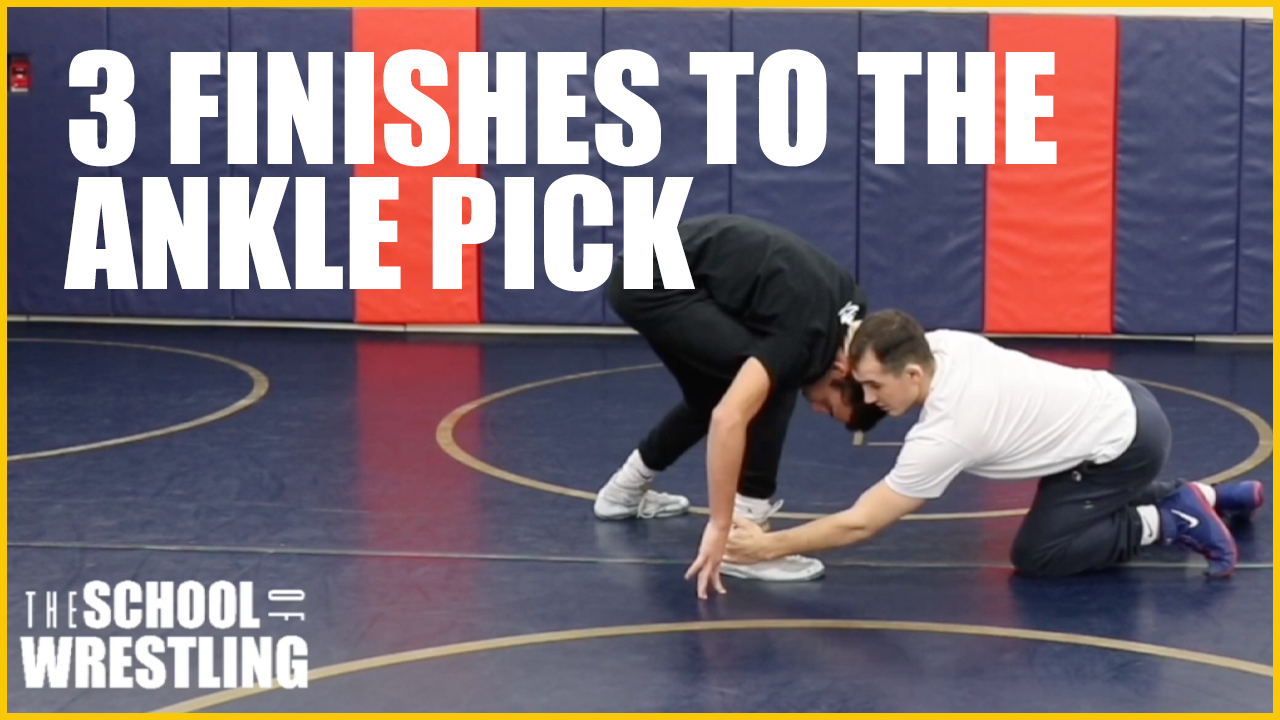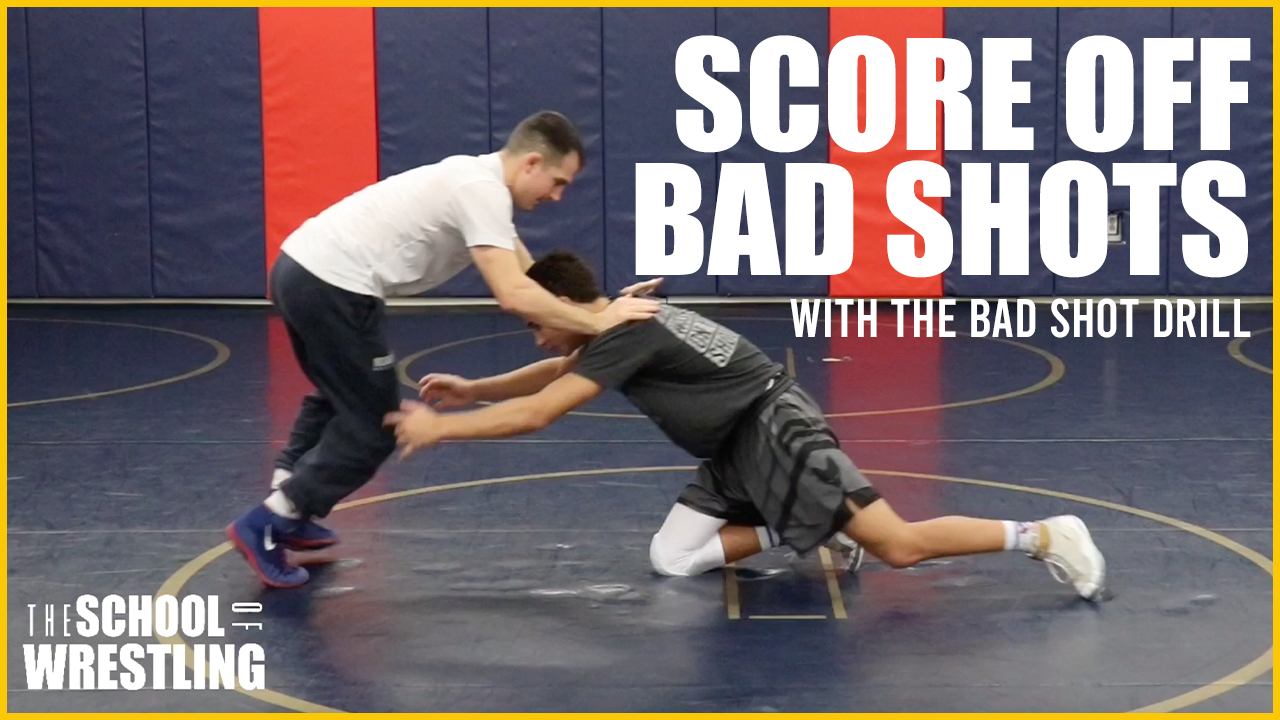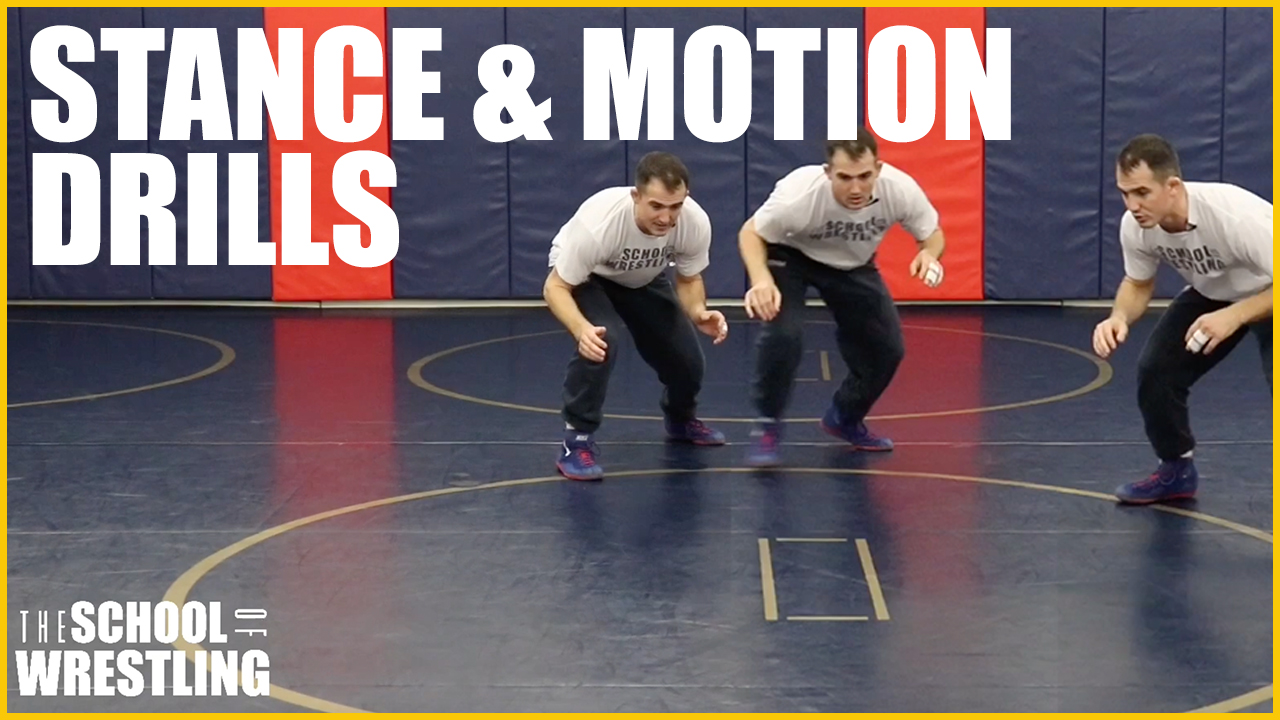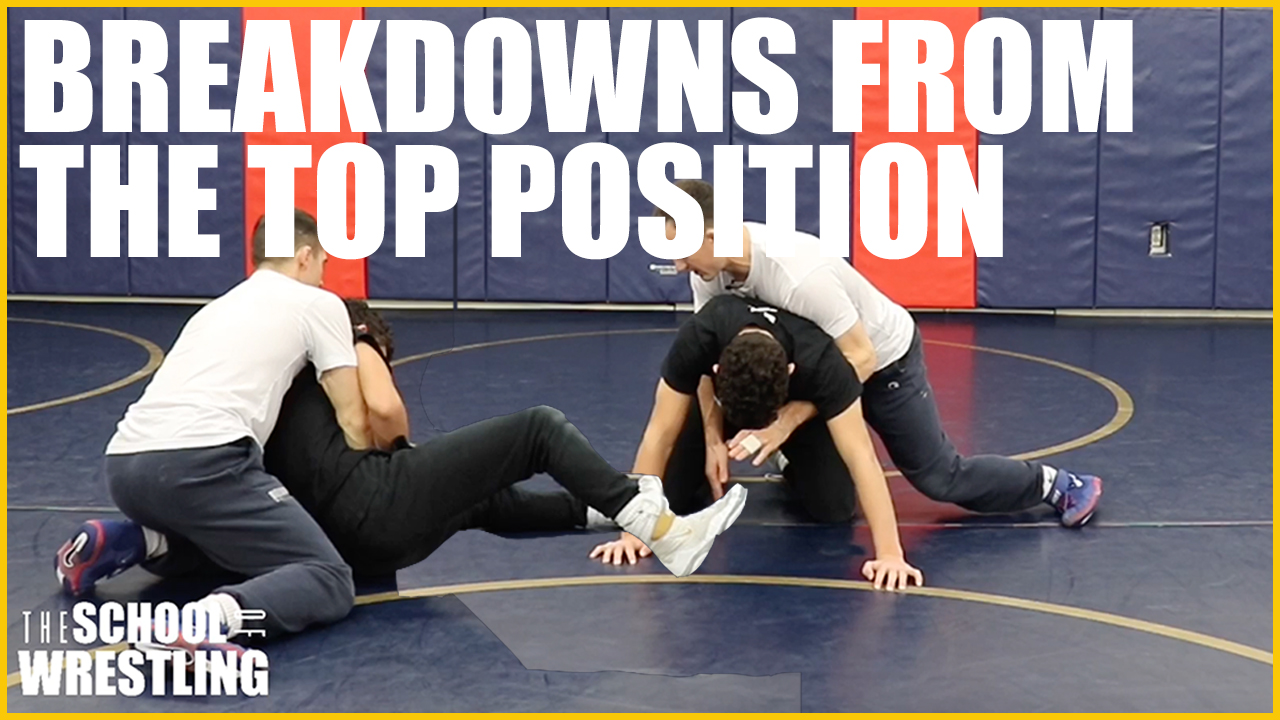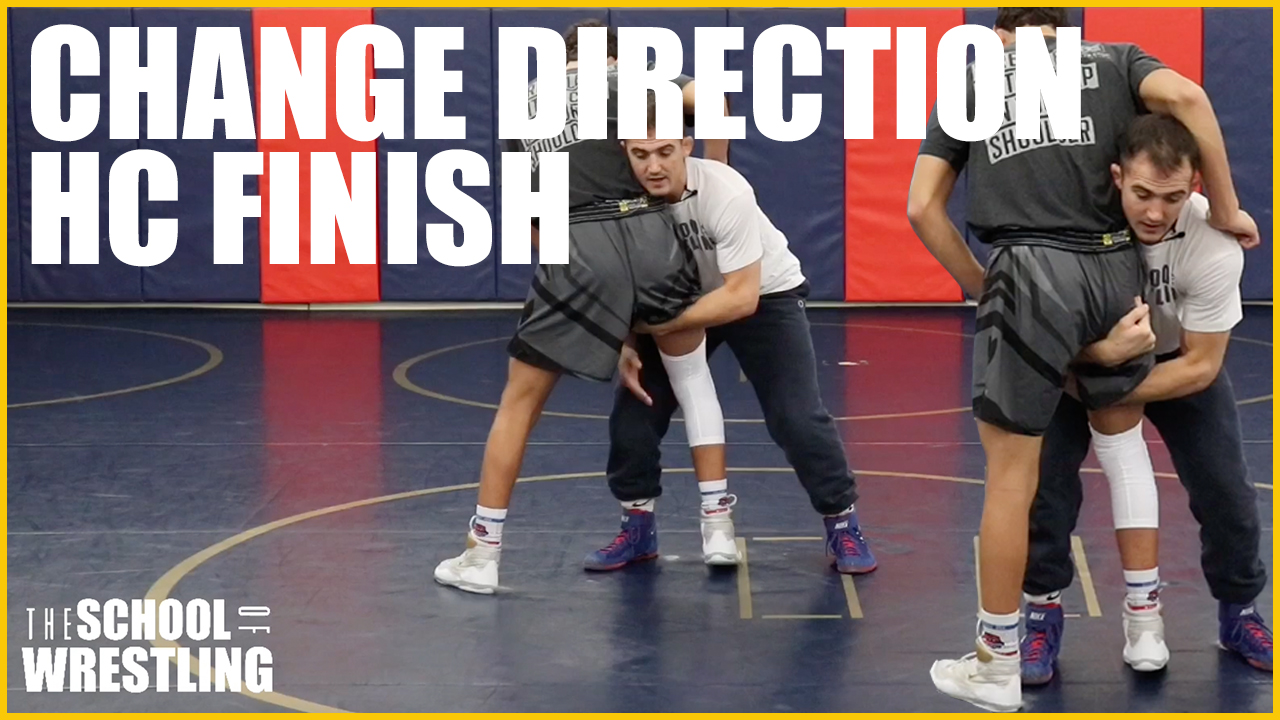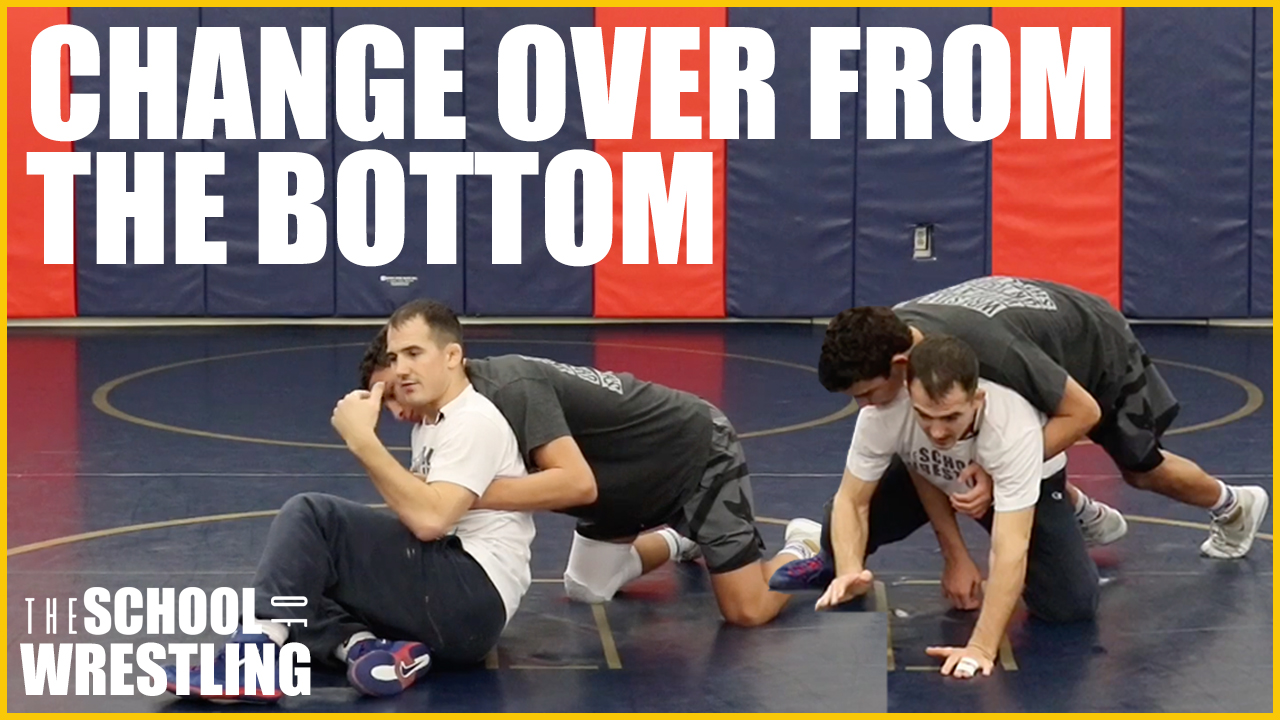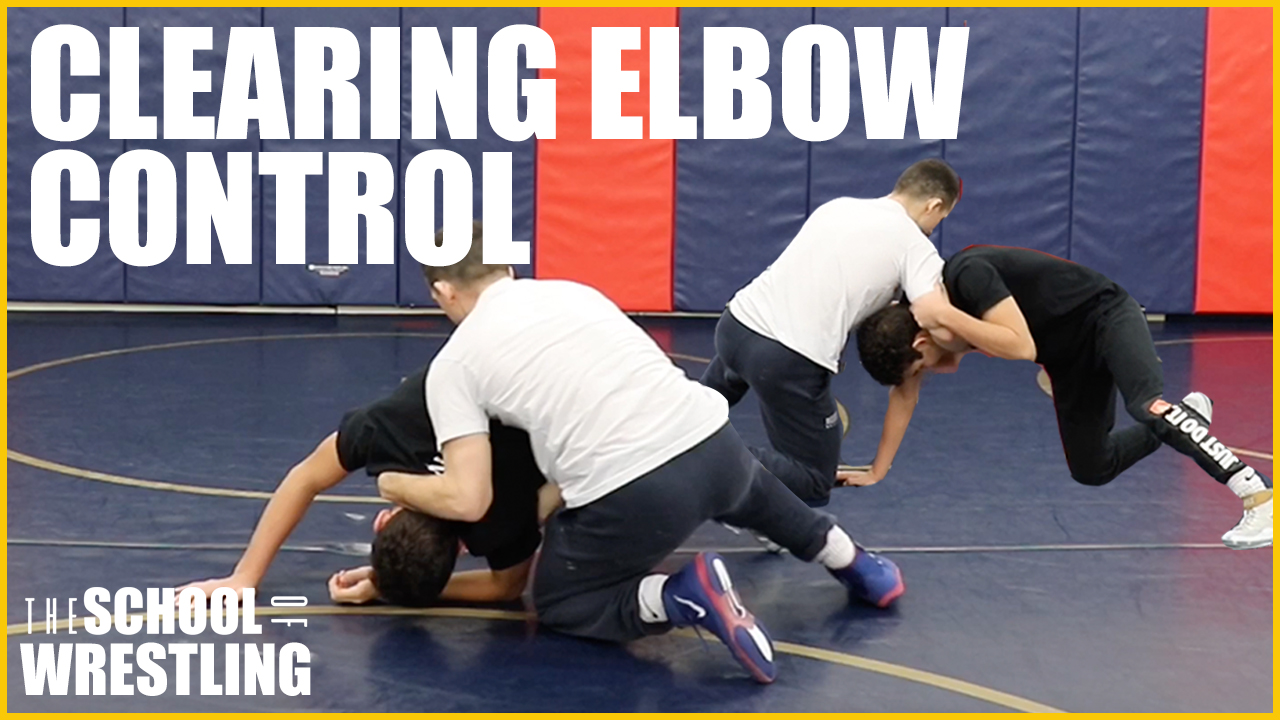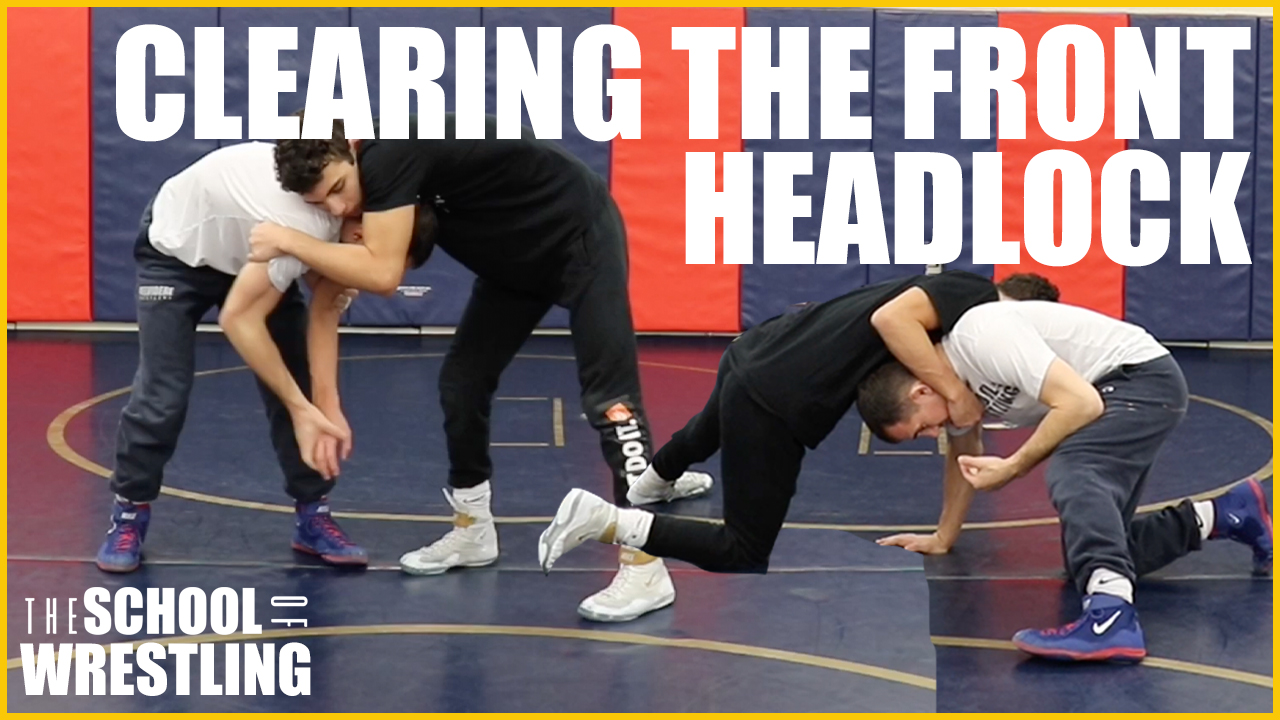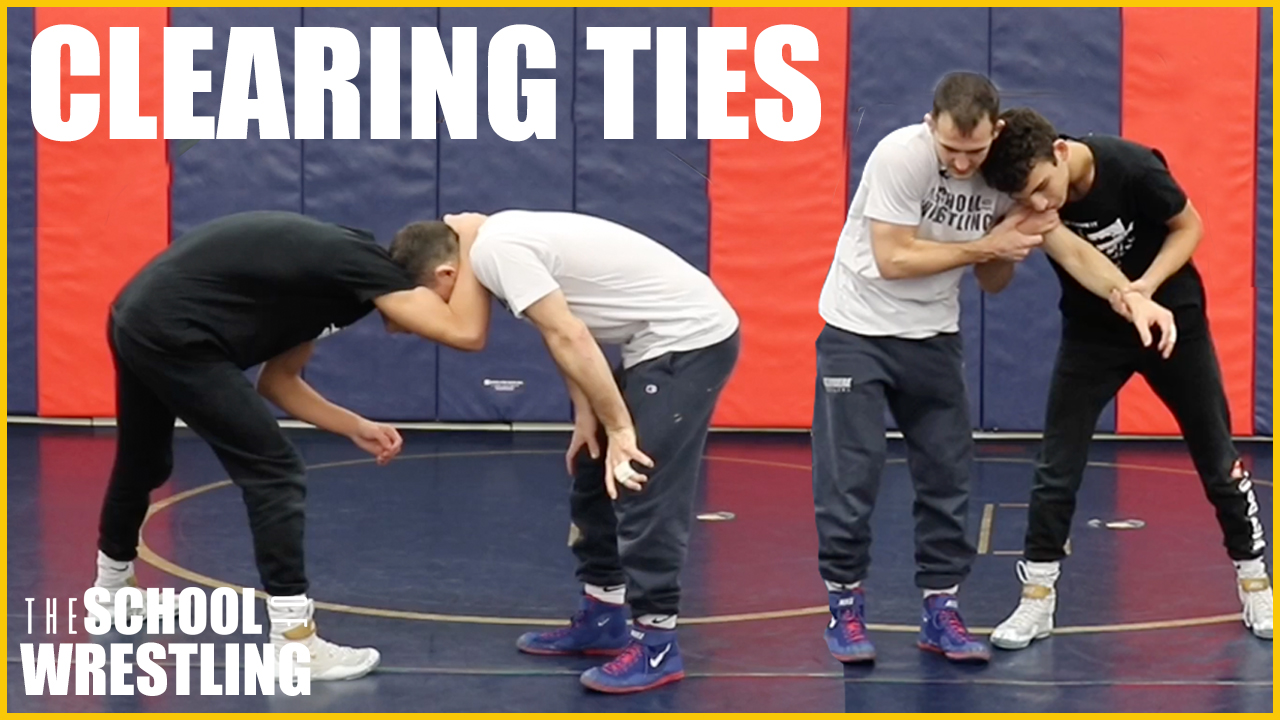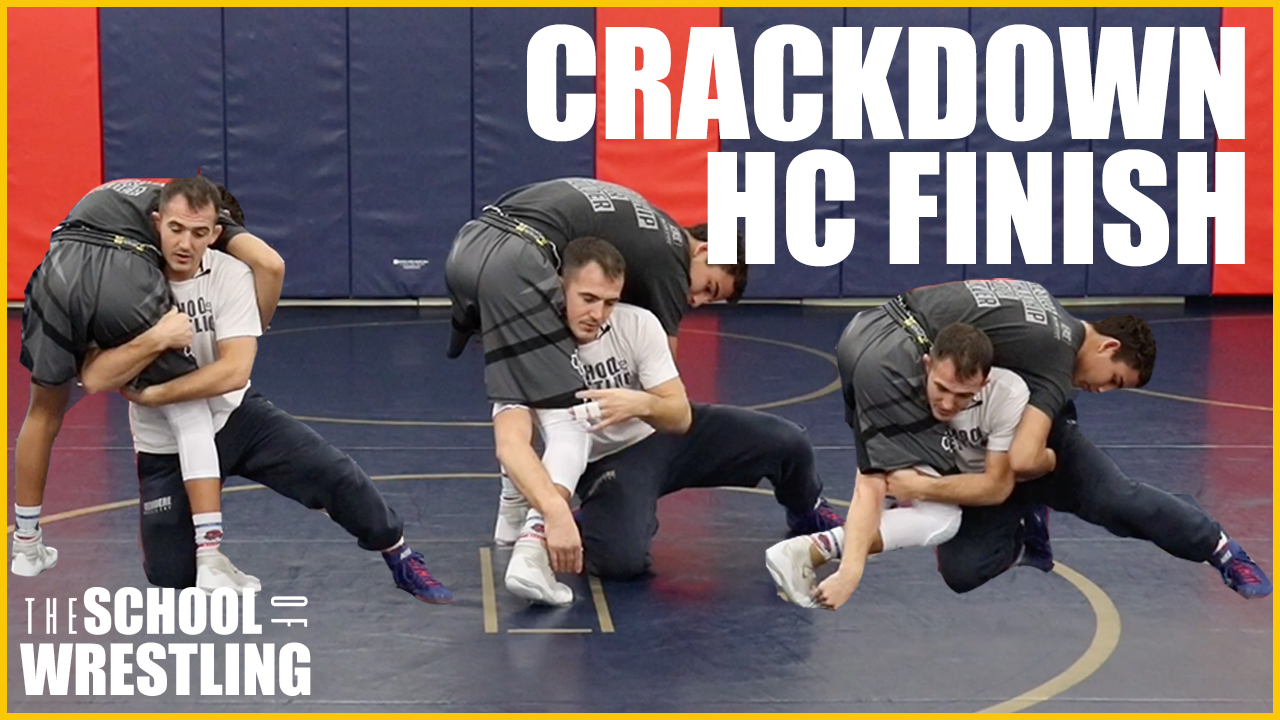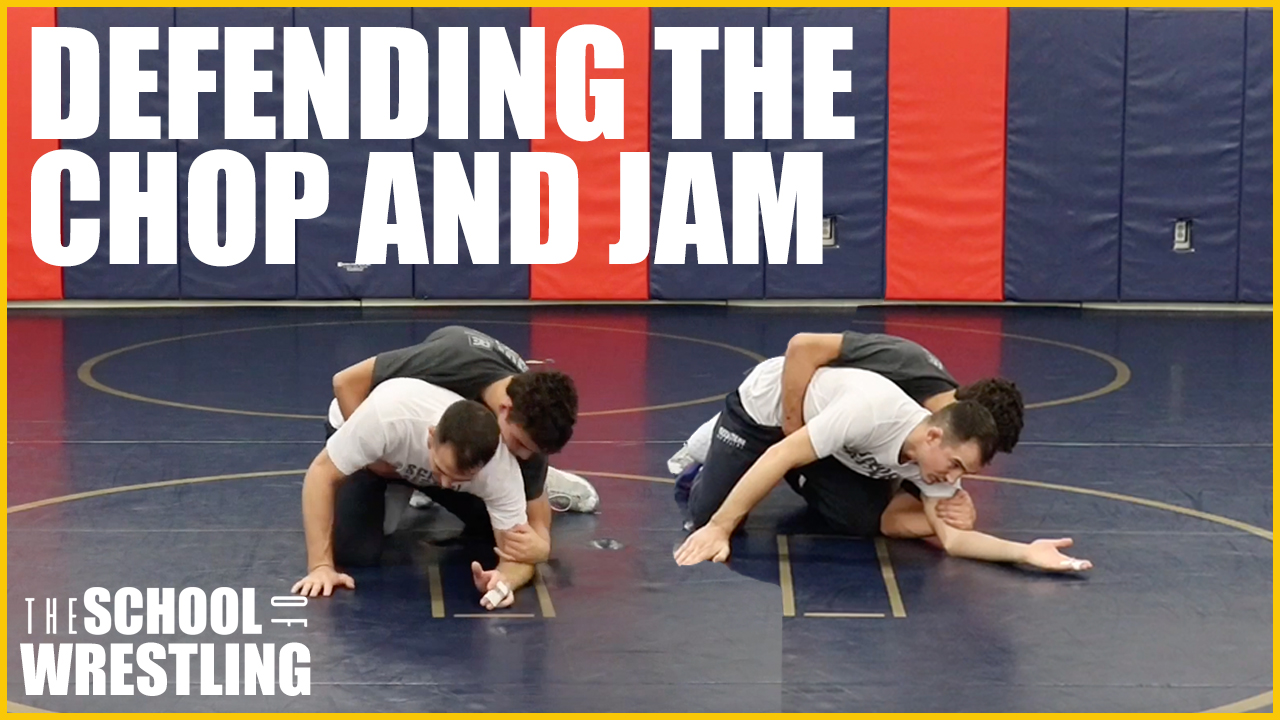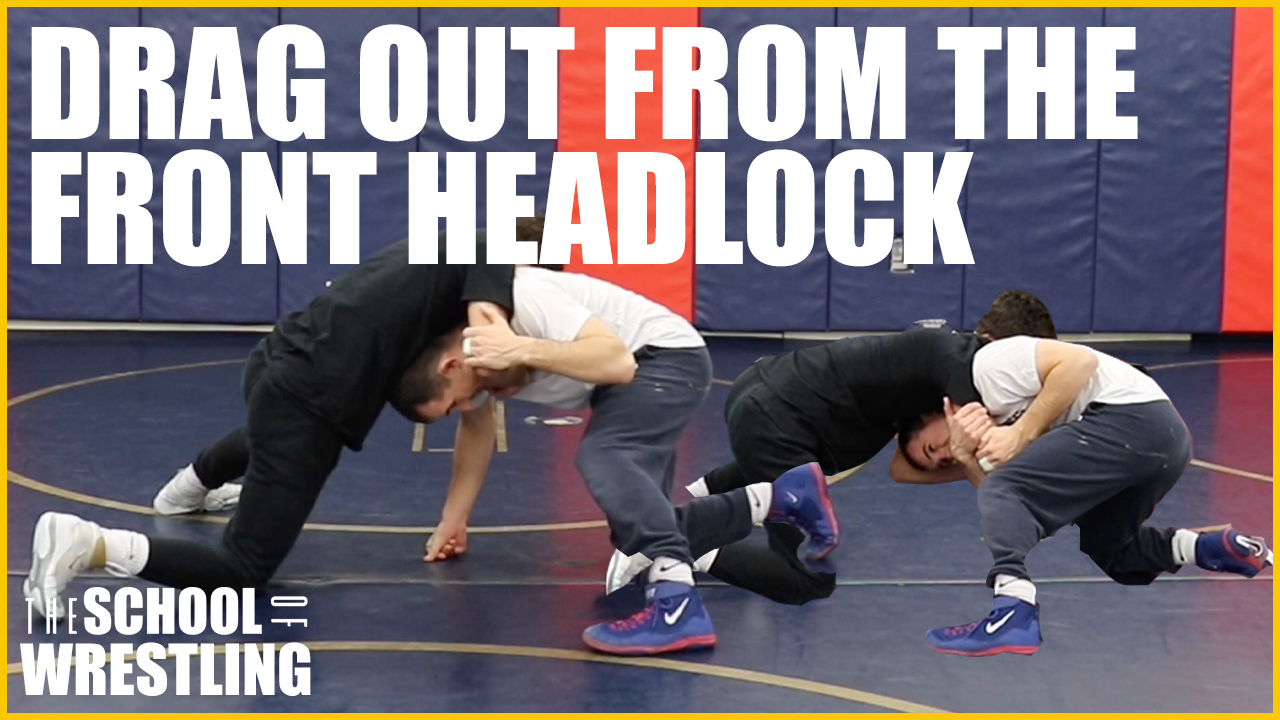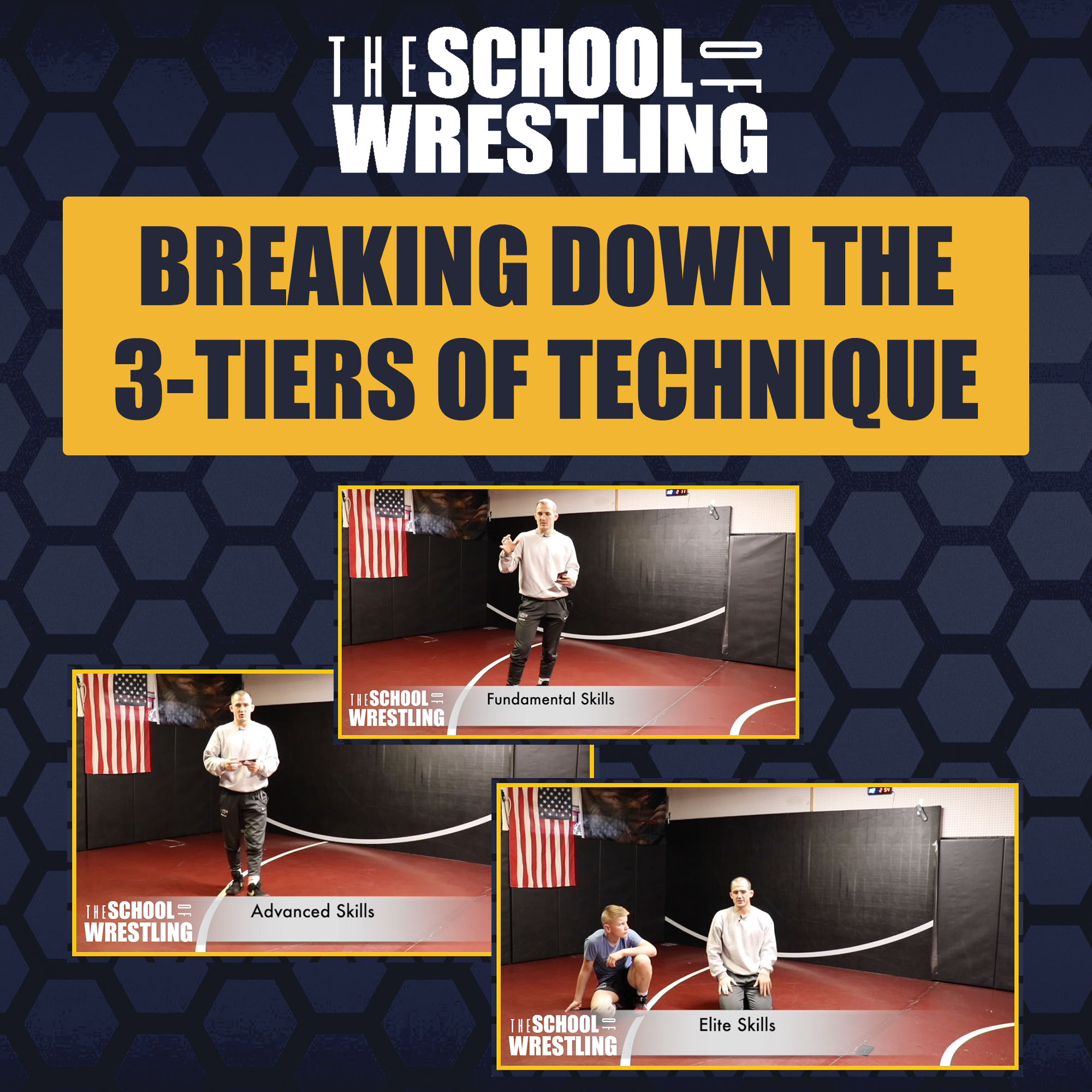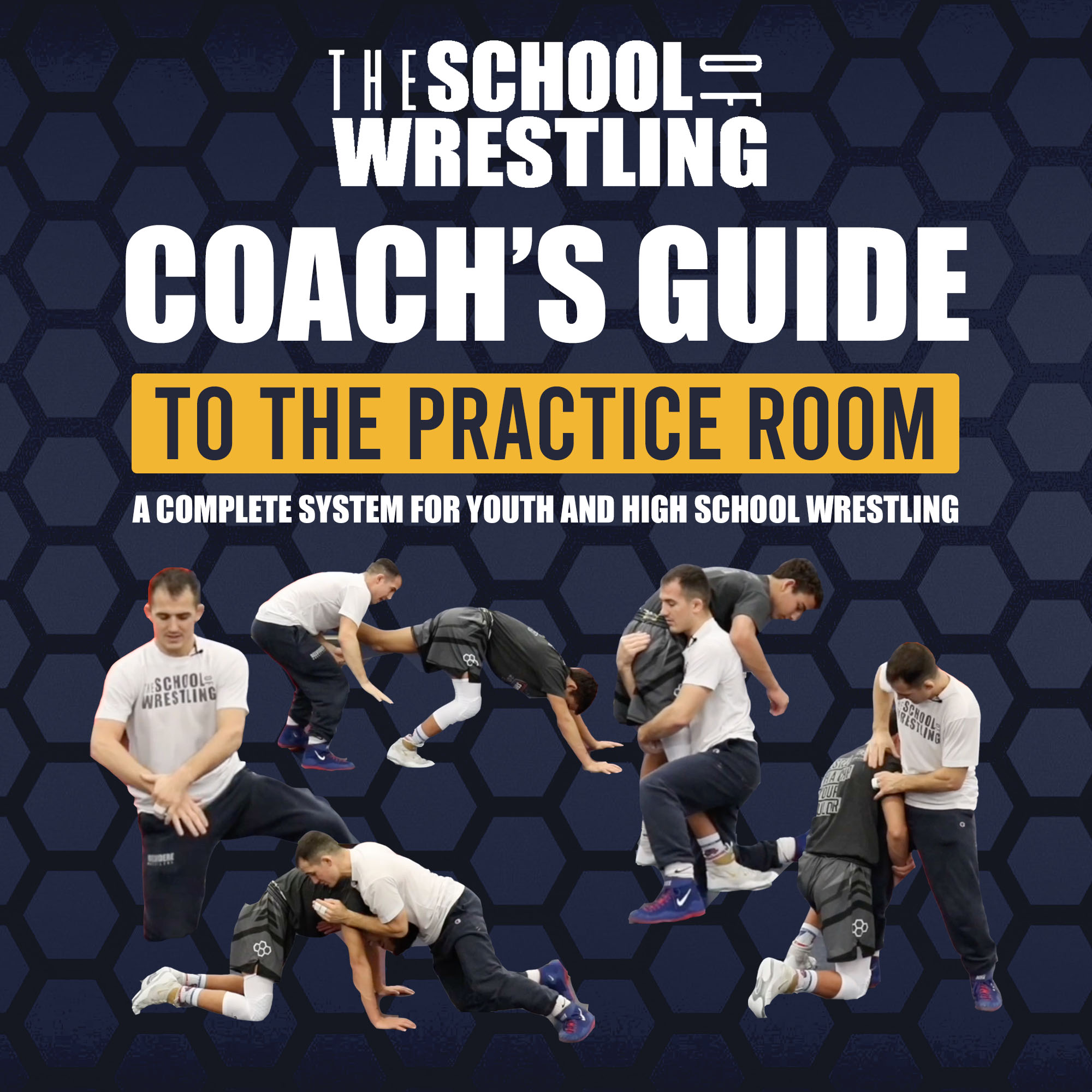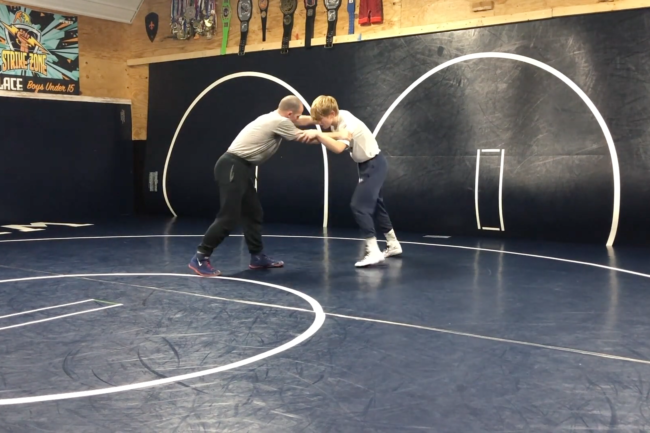Listen to this post.
Playback speed:
Parenting mistakes can have long-lasting consequences, so it’s crucial for parents to be aware of common pitfalls and strive to provide their children with the best possible support and guidance. Parenting in youth and high school wrestling can be a rewarding but challenging journey. Unfortunately, several parenting mistakes can inadvertently harm a child’s experience and development in wrestling.
Overemphasis on Winning
Overemphasis on winning at the youth sports level is one of the most common parenting mistakes, as it can overshadow the valuable lessons of perseverance, sportsmanship, and personal growth that should be at the heart of a child’s sporting experience.
Prioritizing the behaviors and development of individuals over the mere outcome of competitions is fundamental to nurturing true success in sports. When the emphasis is solely on winning, it can overshadow the essential aspects of character building, skill improvement, and personal growth that sports inherently offer. By concentrating on the process and the behaviors that lead to success, athletes are more likely to develop the resilience, discipline, teamwork, and sportsmanship necessary for sustainable achievement.
This approach encourages a growth mindset, where individuals learn from both victories and defeats, continually pushing themselves to improve. In the long run, fostering a commitment to personal development rather than a fixation on winning not only creates more well-rounded athletes but also enhances their chances of achieving those coveted, and often elusive, winning outcomes.
Living Vicariously Through Your Child
It is paramount to allow children the freedom to discover and pursue their own passions rather than imposing our own unfulfilled aspirations upon them. When parents project their own dreams onto their children, it can create undue pressure and rob the child of the autonomy to explore their interests authentically. Encouraging youngsters to find and cultivate their passions empowers them to develop a sense of identity, self-discovery, and a deeper connection to the activities they genuinely love. This not only fosters their intrinsic motivation but also enables them to excel in areas that truly resonate with their hearts.
By supporting their individual journeys, parents can provide an invaluable gift – the opportunity for their children to lead fulfilling lives driven by their own passions and aspirations, rather than someone else’s.
Being Too Critical
Avoiding excessive critique of a child’s athletic performance is of paramount importance in fostering a positive sports environment. Constant criticism can erode a child’s self-esteem, diminish their passion for the sport, and create unnecessary stress and anxiety. Instead, it’s crucial for parents to focus on constructive feedback that emphasizes effort, improvement, and the enjoyment of the game.
By nurturing a supportive atmosphere where children feel safe to make mistakes and learn from them, parents can help their young athletes grow both in skill and in confidence. Encouragement, patience, and empathy are powerful tools in a parent’s toolkit, and they can ultimately contribute to a child’s enduring love for sports and a healthy sense of self-worth.
Not Allowing Independence
Encouraging agency and self-ownership in a child’s athletic journey is a crucial aspect of their development, both as athletes and as individuals. When parents overly control or micromanage every aspect of their child’s sports experience, it can stifle the child’s ability to make decisions, solve problems, and learn from their experiences. Allowing young athletes to have a say in their training, goal-setting, and decision-making empowers them to take responsibility for their own progress and fosters a sense of ownership over their athletic development.
This sense of agency not only promotes independence but also enhances their motivation and commitment to the sport, as they feel a deeper sense of investment in their athletic journey. It’s through these experiences of autonomy that children can truly grow and thrive in their sports endeavors.
Ignoring the Coach’s Role
Disregarding the coach’s authority and expertise can create confusion and tension for both your child and the team. To maximize the benefits of the coach-athlete relationship, parents should respect the coach’s role, trust their expertise, and foster open lines of communication while adhering to proper channels. This allows coaches to work effectively with athletes and helps create a supportive, unified front focused on the athlete’s development and well-being.
Comparing Your Child to Others
Comparing a child to other children in sports can be highly problematic and counterproductive. Each child is unique, with their own set of abilities, strengths, and areas for improvement. When parents constantly draw comparisons, it can create a toxic atmosphere of competition and pressure, both for the child being compared and the child they are being compared to. This not only hampers the child’s self-esteem but also detracts from the joy of participating in sports. It’s essential to remember that children have different rates of development and varying levels of interest in the sport. Encouraging a child to focus on their own progress, set achievable personal goals, and celebrate their individual achievements fosters a healthier and more positive sporting experience.
Ignoring Signs of Burnout or Injury
Burnout is a significant factor leading to athletes quitting their sports. When athletes become overwhelmed by the physical, emotional, and psychological demands of intense training and competition without sufficient rest or balance, they can reach a breaking point. The constant pressure to perform at peak levels, often fueled by external expectations from parents, coaches, or peers, can lead to physical and mental exhaustion. Burnout can manifest as chronic fatigue, decreased motivation, increased irritability, and a loss of enjoyment in the sport.
Ultimately, when the passion for the game is extinguished, athletes may choose to step away from their sport to preserve their well-being and regain a sense of balance in their lives. Recognizing the signs of burnout and taking proactive steps to prevent it is essential for both athletes and their support systems to ensure a more sustainable and fulfilling athletic journey.
In the world of youth wrestling, where the development of young athletes is as crucial as the pursuit of success, it’s important for parents to be mindful of common parenting mistakes. Instead, parents should support and encourage, offering a nurturing environment for their young wrestlers to flourish. Ultimately, while the desire to see our children succeed is natural, it’s equally vital to remember that wrestling, like any sport, is about skill development, character building, and the journey itself. Let’s prioritize these aspects and allow our young athletes to thrive both on and off the mat.”

